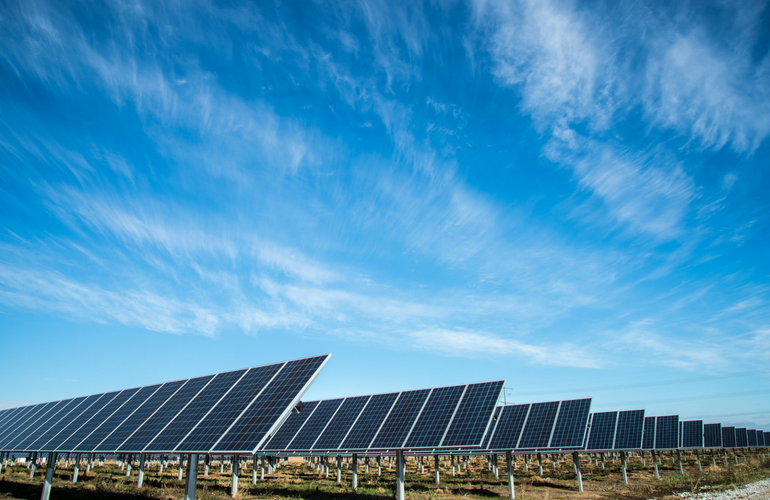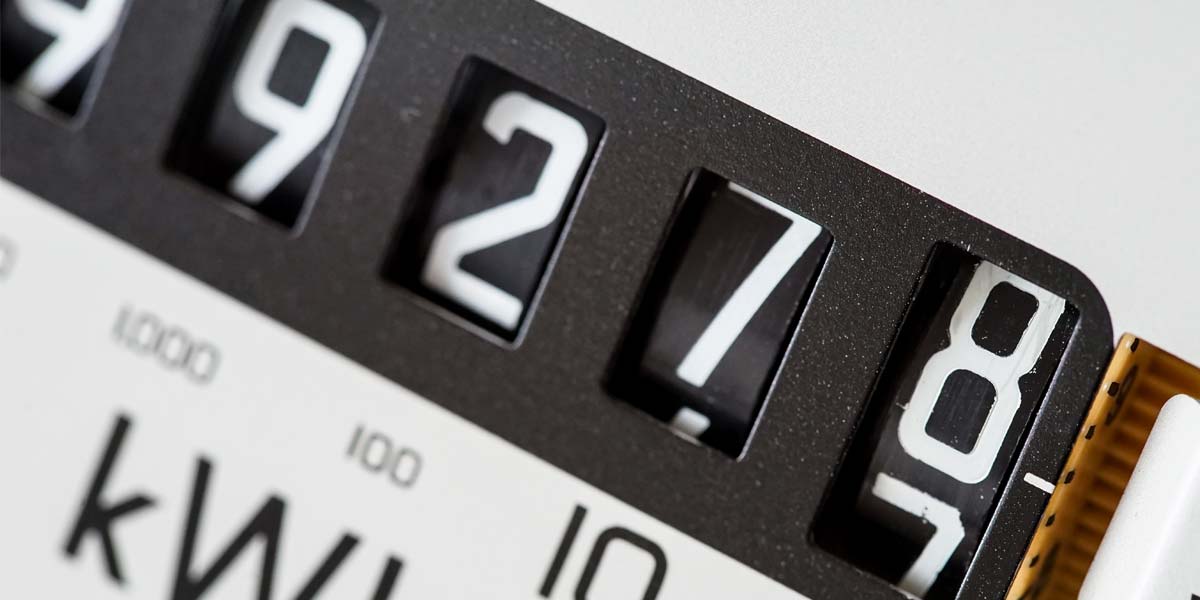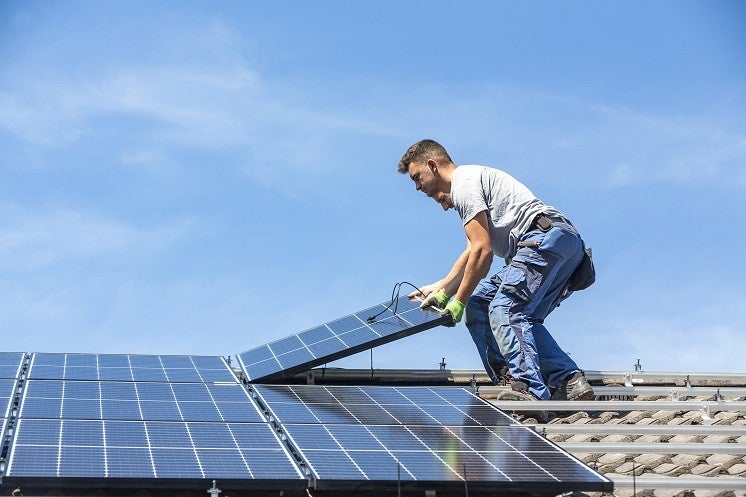Going back to what we mentioned in the beginning the three factors that affect solar panel output are.
Factors that affect the voltage output of a solar panel.
To design a home pv system with optimal solar power output professional contractors need to consider a number of factors.
The electricity generated by a solar pv system is governed by its rated power output but it s also dependent on other factors such as panel efficiency and temperature sensitivity as well as the degree of shading that the system experiences and the tilt angle and azimuth of the roof on which it s installed.
The amount of sunlight that hits the panel the size of the panel and the efficiency of the panel at converting sunlight into electricity.
Orientation tilt and shading are of special importance as they all have a major impact on the amount of sunlight that reaches the photovoltaic panels.
Solar panels and temperature.
The goal of maximum power point tracking mppt for the solar inverter is to enable the pv array to achieve maximum power output in case of any sunlight and temperature change so the accuracy of the mppt greatly affects the system efficiency.
A panel rated at 250 watts will likely only produce 186 7w of electricity per hour of sunlight.
The infographic below shows the effect of efficiency factors on panel output.
Besides solar panels efficiency and size there are other factors that affect how much power your solar panels will create.
The more efficient a solar panel is the more electricity it can create from sunlight.
As the sunshine and temperature change the output voltage of the solar panels changes accordingly and the output power of the pv array will change as well.
There are several other factors that affect solar panel efficiency and the ability to convert sunlight into energy for use in our homes and businesses.
This is pretty straightforward.
The tilt of your solar panels can have a major impact on the overall output of your system.
Believe it or not warmer temperatures actually have an adverse effect on the production of solar panels.
Each of these efficiency losses and de ratings are included in the calculation of output for a solar panel.
Ideally you would want to adjust the tilt of your panels throughout the year because the sun is higher in the summer and lower in the winter.
A solar panel with 18 efficiency converts more light to electricity than a solar panel with 12 efficiency.
Before getting into the external stuff let s take a moment to reinforce the importance of solar panel efficiency.
Solar energy output is also affected by weather and seasonal variations.









